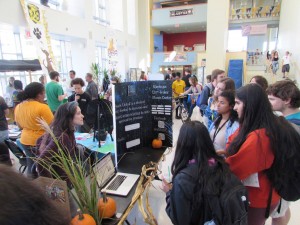 UMBC offers many courses, in many disciplines, that engage students on topics such as: climate change, sustainability and consumption, energy, carbon cycling, and environmental policy. Many faculty members have research interests related to environmental and sustainability topics that our students want to study. This allows students various opportunities to collaborate with faculty on research projects.
UMBC offers many courses, in many disciplines, that engage students on topics such as: climate change, sustainability and consumption, energy, carbon cycling, and environmental policy. Many faculty members have research interests related to environmental and sustainability topics that our students want to study. This allows students various opportunities to collaborate with faculty on research projects.
UMBC Sustainability Expert Search
UMBC is home to many faculty experts with various interests and projects related to sustainability. Students, staff, and the public can learn who those faculty are and what they are specifically studying by using the UMBC Faculty Connections Tool. If you need some inspiration for search parameters please view the “Sustainability Keywords” section below.
Adaptation
Atmosphere
Change
Circular Economy
Clean Air
Clean Water
Climate Change
Conservation
Eco
Ecology
Energy
Environment / Environmental
Green
Justice
Local
Mitigation
Natural Systems
Pollution
Recycling
Regulations
Renewable
Resilience
Restorative
Social
Solar
Sustainability/ Sustainable
Systems/Systems Thinking
Waste
Wetlands
Wind
UMBC is one of the fastest growing research universities in the nation. The institution has a long history of innovative and groundbreaking sustainability research. This includes establishing multiple research centers ranging in the development of sensor technology to monitor air pollution to long-term regional ecosystem study.
UMBC’s NASA funded centers:
- Joint Centers for Earth Systems Technology
- Joint Center for Astrophysics
- Goddard Earth Systems and Technology Center
- Center for Research and Exploration in Space Science and Technology
The only other U.S. universities producing more frequently cited geoscience research papers were Harvard University and the Georgia Institute of Technology.
UMBC and IBM collaborated to create The Multicore Computing Center (MC2)
MC2 is a unique facility on campus that focuses on supercomputing research related to aerospace/defense, financial services, medical imaging, and weather/climate change prediction. IBM awarded UMBC a significant gift to support the development of this new center, which researchers describe as an “orchestra” of one of the world’s most powerful supercomputing chips.
UMBC is part of multimillion-dollar National Science Foundation (NSF) Engineering Research Center based at Princeton University.
The goal of the center – named MIRTHE (Mid-Infrared Technologies for Health and the Environment) is to produce devices that are so low in cost and easy to use that they transform the way physicians monitor patients, states track air quality, governments guard against terror attacks and scientists understand the evolution of greenhouse gases in the atmosphere.
The award places UMBC among the most visible universities carrying out high-level research and doctoral training in urban environmental issues.
U.S. Geological Survey’s Maryland-Delaware-Washington, D.C. Water Science Center at bwtech@UMBC, the University’s on-campus research and technology park.
The USGS center employs over 60 scientists and support staff, who work collaboratively with UMBC and U.S. Forest Service scientists who monitor the ecosystems of the Chesapeake Bay watershed and the health of the region’s water supply, rivers, and streams.
UMBC is a charter principal institution in the Baltimore Ecosystem Study, one of 24 research programs established by the National Science Foundation to study ecological systems over long time periods.
Three UMBC faculty members serve on the Maryland Commission on Climate Change:
- Raymond Hoff, professor of Physics
- Andrew Miller, associate professor of Geography and Environmental Systems
- Claire Welty, director, Center for Urban Environmental Research and Education
Research Centers
Baltimore Ecosystem Study
The Baltimore Ecosystem Study (BES) is located on the UMBC campus in the Technology Research Center and conducts research on metropolitan Baltimore as an ecological system. The program integrates biological, physical, and social sciences. As a part of the National Science Foundation’s Long-Term Ecological Research Network, BES seeks to understand how Baltimore’s ecosystems change over time. The ecological knowledge created by BES supports educational and community-based activities and interactions with the Baltimore community.
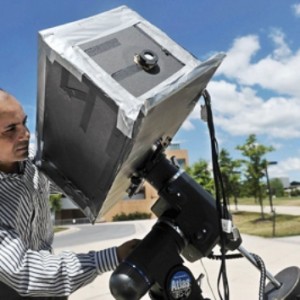 Center for Advanced Studies in Photonics Research
Center for Advanced Studies in Photonics Research
The Center for Advanced Studies in Photonics Research (CASPR) fosters advanced photonics research and technology development in the areas of optical communications, optical sensing and devices, nanophotonics, biophotonics, and quantum optics in order to benefit government, industry and scientific progress.
Center for Urban Environmental Research and Education
The Center for Urban Environmental Research and Education (CUERE) advances the understanding of the environmental, social and economic consequences of the transformation of the urban landscape through research, conferences and symposia, support of university teaching programs, and assistance to K-12 education. CUERE fosters interdisciplinary approaches to environmental science, engineering, and public policy.
Orser Center for the Study of Place, Community, and Culture at UMBC
The Department of American Studies’ Center for the Study of Place, Community, and Culture (CSPCC) creates a space for innovative collaborations between scholars, students, and community organizations at UMBC. The Center’s goal is the study and preservation of places, communities, and cultures through scholarly research, teaching, and public service.
Joint Centers for Earth Systems Technology
The Joint Center for Earth Systems Technology (JCET) operates under a cooperative agreement between the University of Maryland, Baltimore County and the NASA Goddard Space Flight Center (GSFC). JCET meets the common interest of UMBC and GSFC to develop new technology for environmental remote sensing. JCET includes tenured faculty, research faculty, research support staff, students and administrative support staff.
Maryland Institute for Policy Analysis and Research
The Maryland Institute for Policy Analysis and Research (MIPAR) is the principal center for social science and public policy research at UMBC. MIPAR links the analytical resources of the University with policymakers in the state and region, conducting opinion research, policy analyses, and program evaluations on a variety of topics. MIPAR activities are supported by federal, state, and local governmental agencies, foundations, and corporations.
Multicore Computing Center
The vision of this center is to revolutionize the productivity of computational applications by taking advantage of multi-core parallel processing software and hardware technologies in collaboration with industries, governments, and universities. Additionally, its mission is to evolve to a leading national center in providing service-oriented computational solutions employing multi-core technologies for the optimization of problems in the fields of environmental and geophysical sciences, chemical, aerospace, defense, bio-medical informatics, financial, and event-driven simulations and visualizations.
US Geological Survey Maryland-Delaware-D.C. Water Science Center
The US Geological Survey (USGS) maintains an office dedicated to collecting and interpreting water resource data and information from the MD, DE, and DC area in the UMBC Research Park. These data are used in research and hydrologic studies to describe the quantity, quality, and distribution of the area’s water resources. The collection, analysis, and interpretation of these data are done in partnership with other federal, state and local agencies, universities, and research centers.
Maryland Clean Energy Technology Incubator
Maryland Clean Energy Technology Incubator@bwtech (CETI) is designed for early-stage companies working with solar power, wind power, biofuels, electric grid, and energy management and storage. The technology incubator is located about a mile from the main UMBC campus. CETI has a joint venture with the Maryland Clean Energy Center to encourage statewide networking of clean energy entrepreneurs.
Sustainability courses provide an introduction, or a comprehensive exploration, of the concepts and principles of sustainability. Institutions that integrate sustainability concepts throughout the curriculum prepare students to apply sustainability principles in their professional fields. Having sustainability courses and content offered by numerous departments helps ensure that the institution’s approach to sustainability education is comprehensive and includes diverse topics. This helps students develop a broad understanding of the field. Likewise, offering sustainability course content in numerous departments can increase student exposure to sustainability topics and themes. As part of UMBC’s sustainability efforts and participation in AASHE STARS, the university conducts regular surveys of the courses (and research) to better understand how sustainability fits into UMBC’s pedagogy. Additionally, UMBC’s Sustainability Office and Climate Action Steering Committee are working to integrate the United Nation’s Sustainable Development Goals (SDGs) into our projects, programs, and engagements.
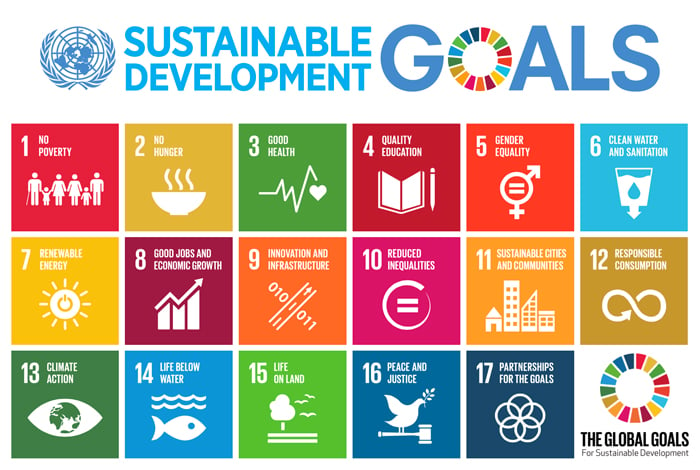
Methodology



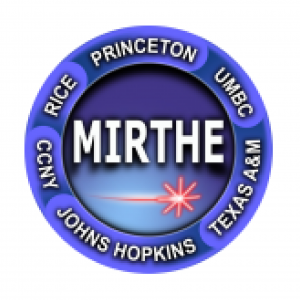

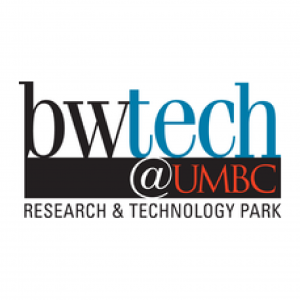
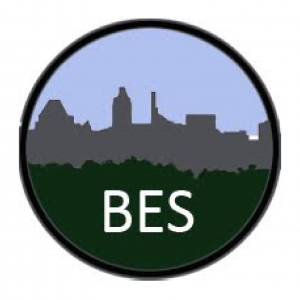
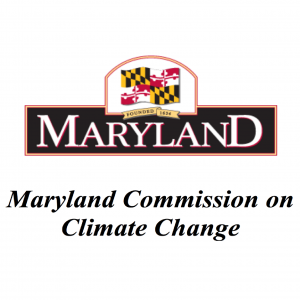
 Center for Advanced Studies in Photonics Research
Center for Advanced Studies in Photonics Research

